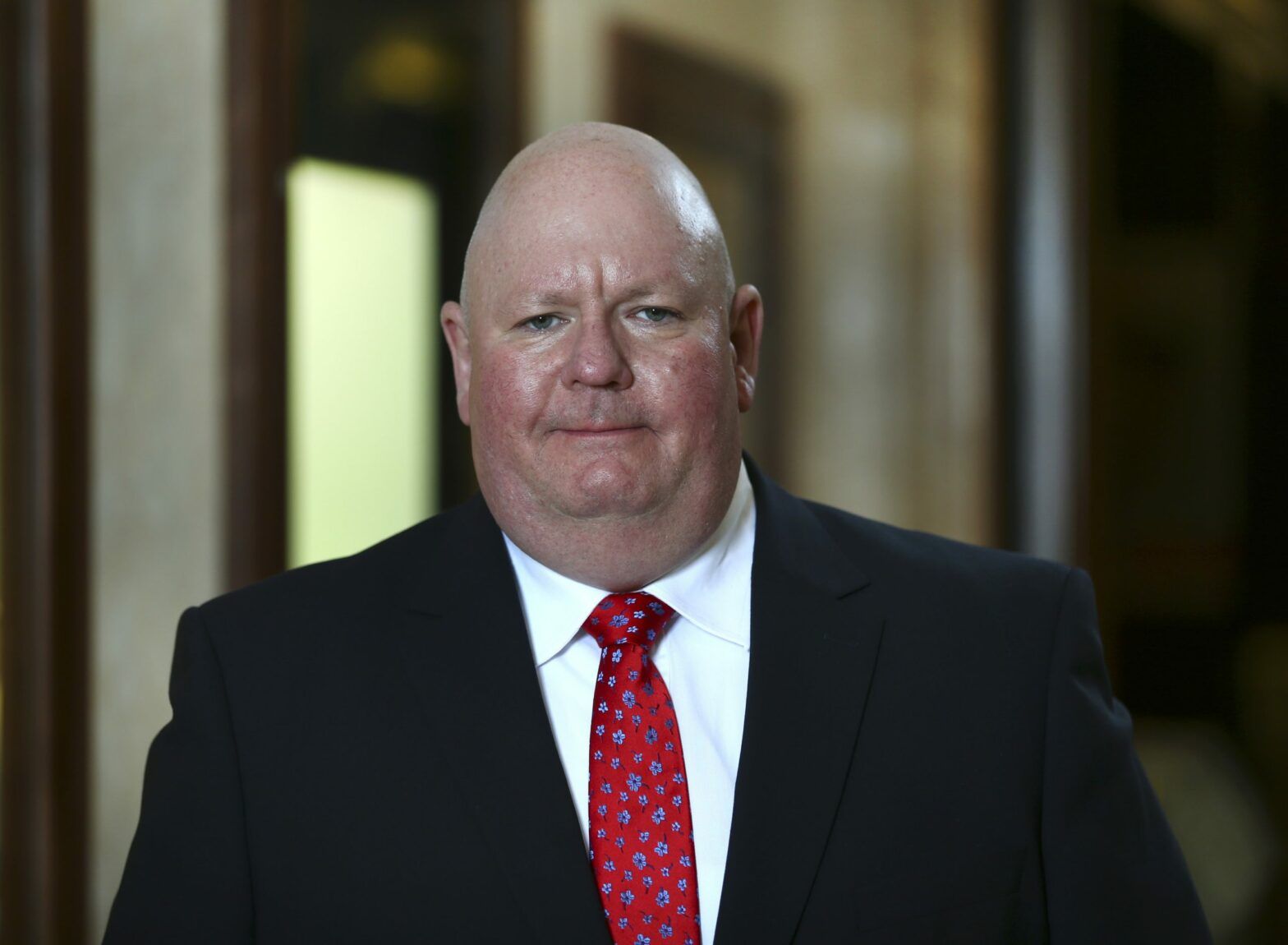Engagement is seen as one of the keys for successfully implementing and executing an ESG strategy within a portfolio. This is because engagement enables the portfolio manager to get in contact with the senior management of a company, and give them and their investors a voice via voting at shareholder meetings.
ETFs are often criticised as failing at these important tasks since they are passive instruments that follow an index and allocate their capital among all constituents of a benchmark index, regardless of their ESG profiles. They can’t divest from a company as long as it is a constituent of a benchmark index.
In addition, it is often said the manager of passive products does not execute voting rights since they have, by definition, no opinion on the companies themselves.
If all these arguments were right, I would agree with the critiques and state that ETFs are rather part of the problem than the solution. That said, things are not as simple as they may look like upon first view.
The critiques seem logical, but they don’t take the dynamics of the ETF ecosystem into account. Apparently, it is correct that ETFs buy the constituents of their underlying indices. Therefore, the ETF promoter needs to ensure that the respective index is constructed based on the criteria he wants to represent in the ETF.
If an ETF claims to invest, for example, in a given market without any exposure to fossil fuel and energy, the promoter needs to ensure that this demand is met by the index he chooses for the ETF. If the choices available do not meet the demand of an ETF promoter, they can also have indices created based on their own very specific criteria. These indices can be in-house solutions or indices based on the methodology of a given index promoter.
As a result, the respective ETFs can invest in companies that fulfil the ESG criteria set by the ETF promoter and if they don’t meet the criteria any more, the ETF promoter is able to remove them from the respective indices.
But even when one is investing in companies that do meet given ESG criteria, it might turn out that some of the business lines of these companies could do better with regard to their ESG scores. In these cases, the manager of an active fund would approach the senior management of the respective company to convince them to change the policies for the business lines in question.
Managers of passive products do not have particular views on the companies themselves held by their funds and will, therefore, not approach the management of the companies in their portfolios. Even as the single manager may not contact the management of companies, the responsible member of the leadership team of the ETF promoter may do so.
If they want to get their voice heard at the shareholder meetings, ETF managers may use voting pools and/or their colleagues from the active part of the business (as a number of ETF promoters belong to asset managers which have both active and passive products) to get their votes exercised.
So ESG ETFs are part of the solution rather than the problem, although it will depend on how serious the respective ETF promoter is with the implementation of the action points mentioned above. So far, some ETF promoters are pretty serious and highly engaged to deliver sustainable solutions to their investors, while others are striving for mediocre approaches that only deliver a limited value added for investors who are looking for sustainable investment solutions.
Since ETFs are the opposite of actively managed funds in that they are highly transparent products, the differences between the products and the promoters are easy to detect and will lead investors to make informed decisions. As these decisions might not be in the favour of ETF promoters who don’t deliver value added with regard to sustainability in the investors portfolios, we might witness a change in the strategies of these ETF promoters in the future.








